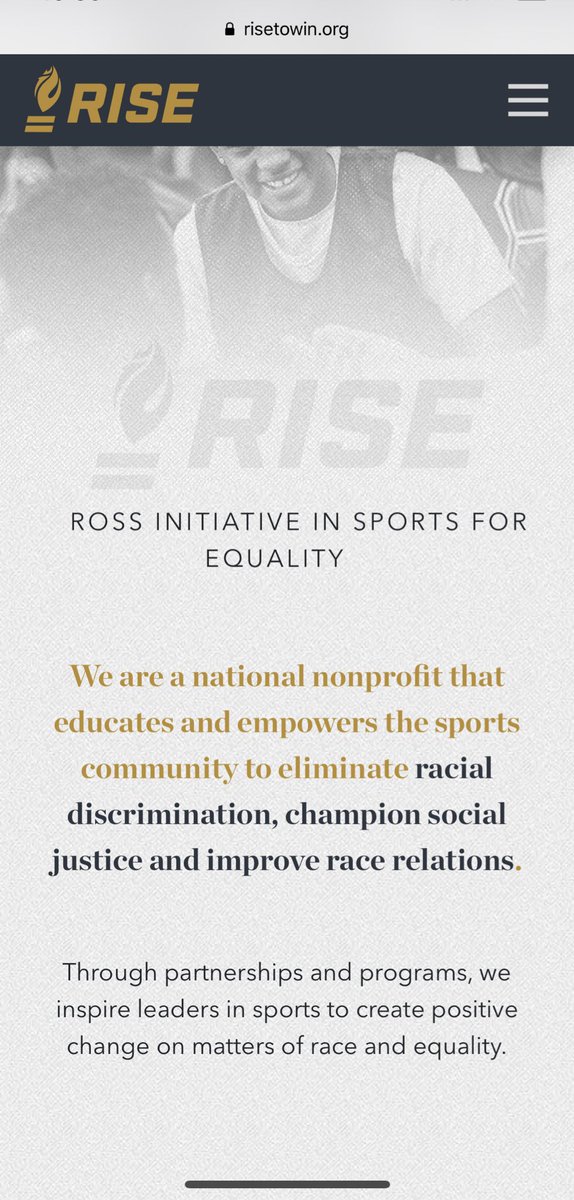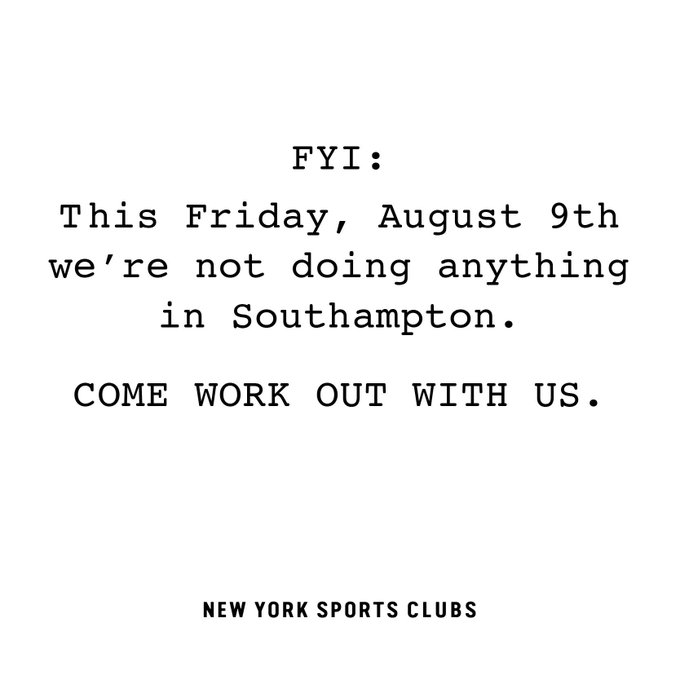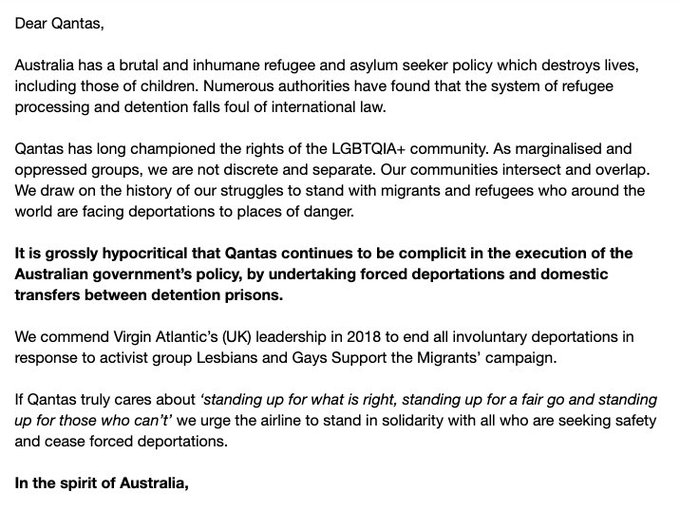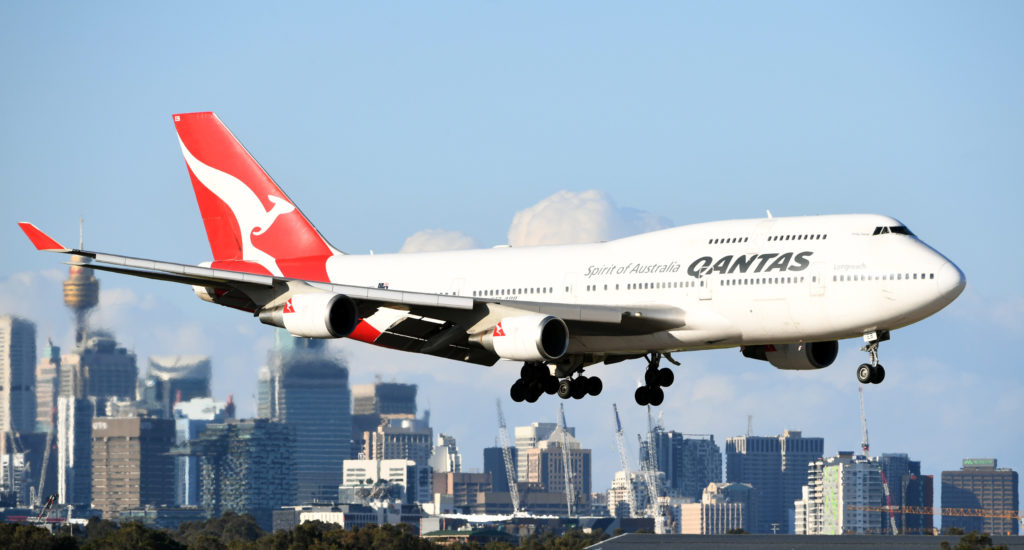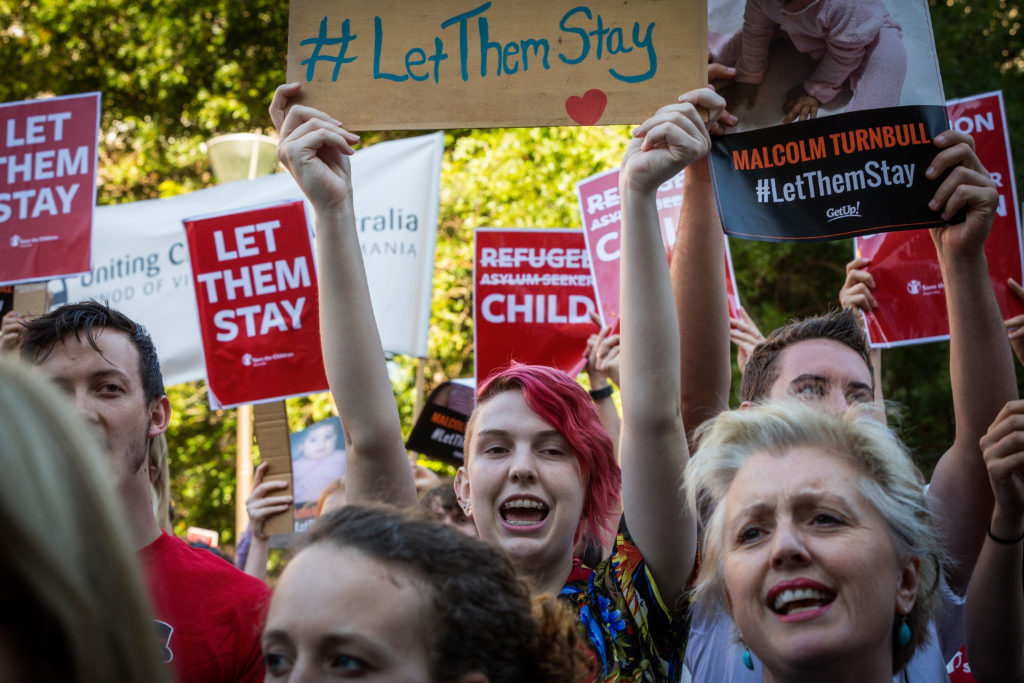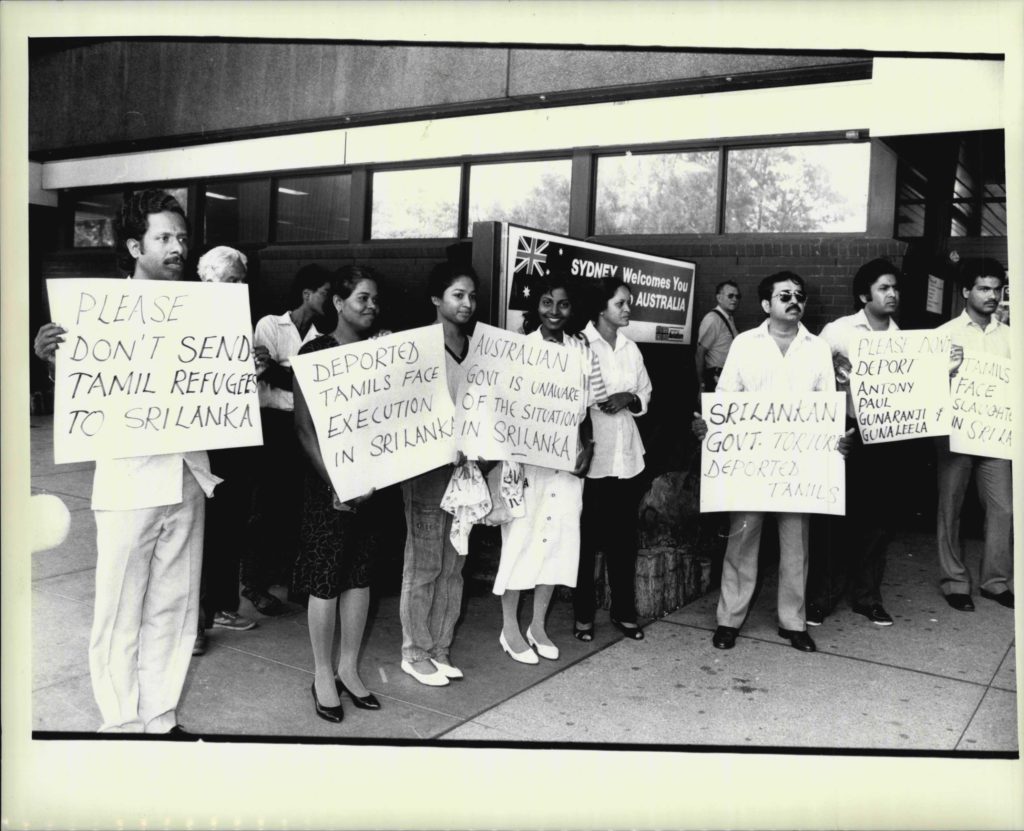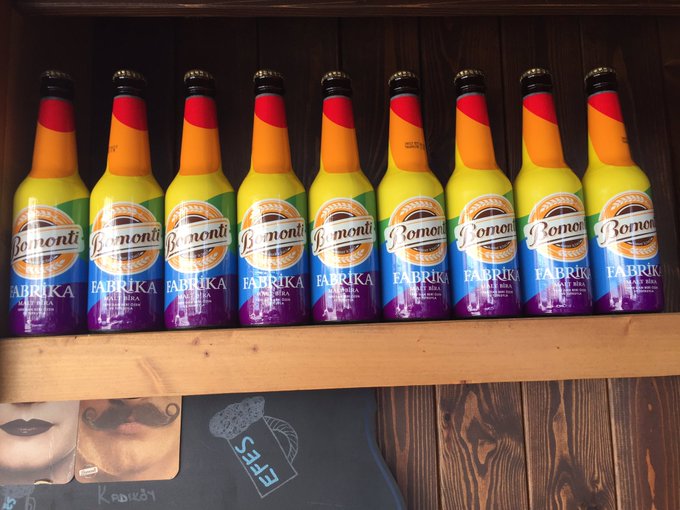Tech Companies Have Given Millions of Dollars to Anti-LGBTQ Politicians
Technology companies are often portrayed as being progressive businesses, but their political spending suggests otherwise. Activist group Zero for Zeros analyzed political contributions made by the highest-scoring companies on the Human Rights Campaign’s (HRC) Corporate Equality Index, a benchmarking tool that focuses on measuring corporate policies and practices for LGBTQ employees. It found that while many companies talk a big game when it comes to equality, they have quietly been lining the pockets of politicians who support regressive and oppressive measures that tread on LGBTQ rights.
In reviewing political contributions of 49 major companies, Zero for Zeros tallied a total of $5,837,331 given by corporate political action committees(PACs) that wound up in the coffers of politicians who have received a score of 0 on the HRC’s legislative scorecard. That score means they failed to support a single issue that would have improved the lives of LGBTQ people. Members of this elite group of people who can’t muster a single vote in favor of LGBTQ issues include Ted Cruz, who spent part of last year pushing a bill that would allow businesses and nonprofit organizations to refuse to serve same-sex couples, and Steve King, a Republican congressman who is known to be friendly with white supremacists. King led a campaign in his home state of Iowa that removed three Supreme Court justices who shot down a proposed law that would have restricted marriage in the state to one man and one woman.
Tech companies were particularly noteworthy offenders, racking up $1,312,560 in contributions that were spread around to ten members of the House and 19 Senators were identified by HRC as the worst-of-the-worst when it comes to LGBT issues. The “FAANG” companies — Facebook, Apple, Amazon, Netflix and Google — accounted for $356,000 of that total, with Amazon leading the way by giving $178,500 to anti-LGBTQ politicians. Facebook gave $100,000, while Amazon added $77,500. (Netflix and Apple did not make contributions to any of HRC’s lowest-scoring politicians, per Zero for Zeros’ data).
Several other tech firms contributed more than $100,000 to politicians who have pushed for laws that harm LGBTQ people over the last decade. Microsoft gave $238,500, while T-Mobile contributed $101,500. AT&T, one of the largest telecom providers in the country, was also the largest single contributor tracked by Zero for Zeros. It gave a total of $460,000 to anti-LGBTQ legislators. This, perhaps, shouldn’t come as a surprise, as the company has come under fire for its contributions to socially regressive politicians in the past.
Popular Information reported earlier this year that AT&T is one of the biggest financial backers of politicians pushing incredibly restrictive anti-abortion legislation in states like Alabama, Georgia, Kentucky, Mississippi and Ohio. The corporation also gave nearly $200,000 to the legislators who introduced and voted for laws that would effectively ban abortion. Popular Information also noted that during Pride Month in June, AT&T gave another $144,500 to politicians and leadership PACs that push anti-LGBTQ laws. That included a donation to Vicky Hartzler (R-MO), who proposed legislation to deny medical treatment to trans members of the military — made while AT&T was sporting a rainbow flag avatar on its social media accounts.
Tech companies and corporations as a whole have made it a habit to express their support for LGBTQ causes when it is most convenient. It’s easy to put out lukewarm statements full of platitudes about equality when everyone else is doing it. But when it comes down to it, these companies will put their own interests before those of the marginalized groups they claim to support. All you have to do to find proof of that is follow the money.


